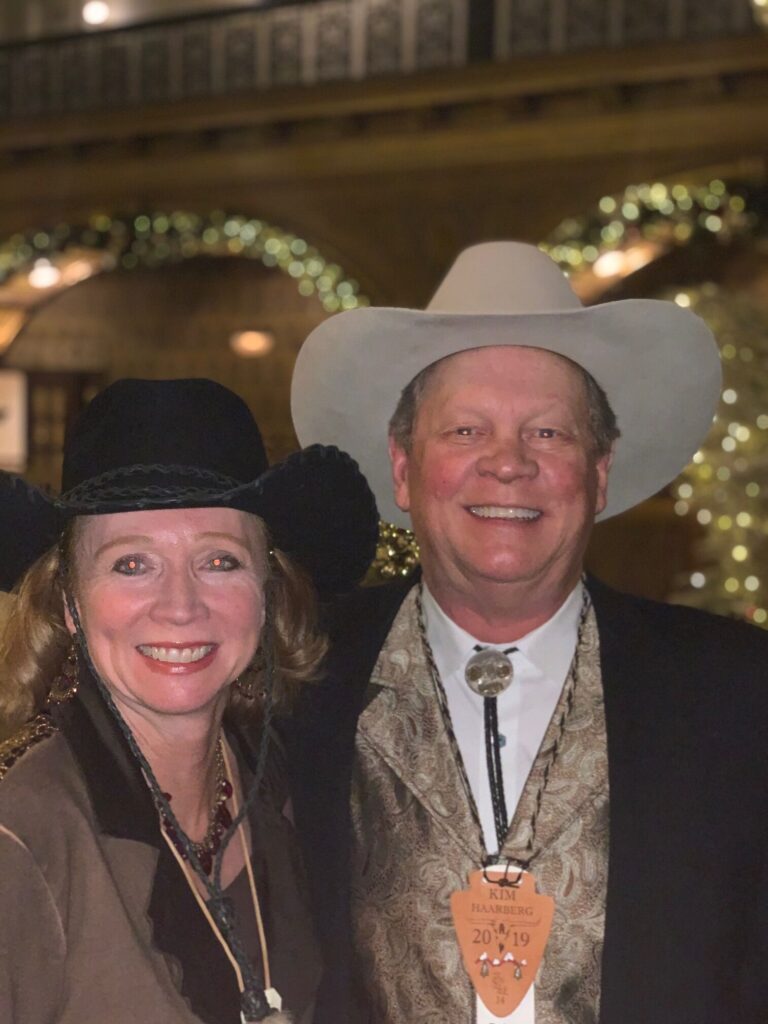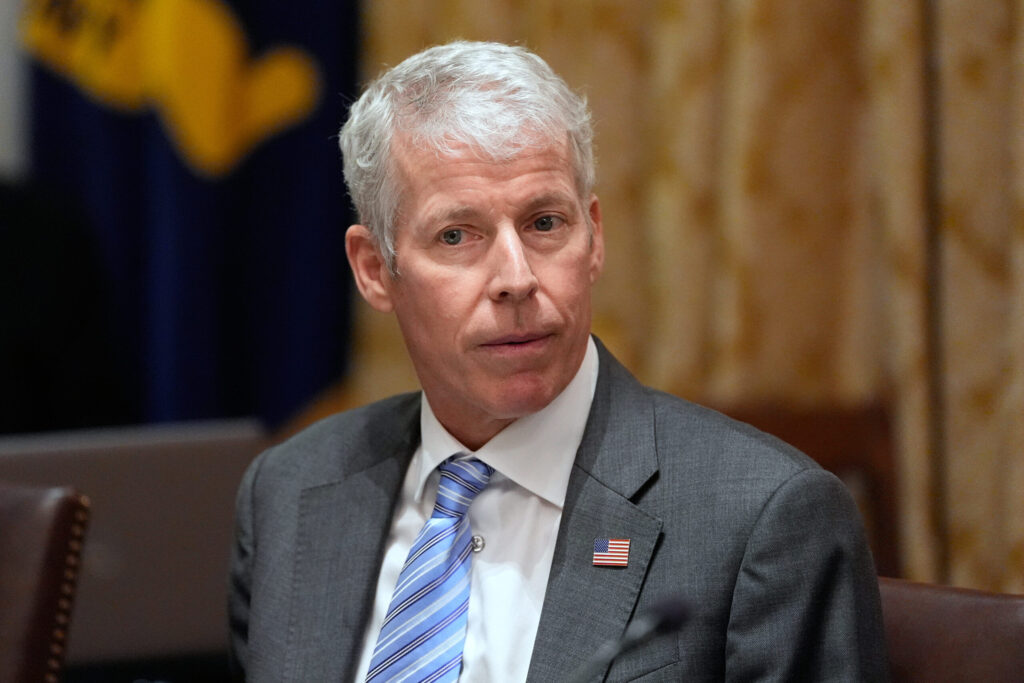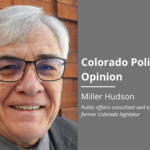How about humanizing the livestock killed by wolves? | WADHAMS


No wonder the rural-urban divide keeps getting broader and deeper.
Colorado Parks and Wildlife is preparing to release the first of 200 gray wolves in northwestern Colorado in the face of strong opposition by ranchers and communities in the region.
Self-proclaimed “environmental” groups that drove the 2020 statewide ballot measure that requires this invasion of predators by the end of 2023 frankly do not give a damn about the people whose lives and livelihoods are directly and adversely affected.
Many of these groups have nothing but contempt for ranching, agriculture and the production of oil, gas and coal, so they can make rural areas into their ideological playgrounds.
Adding insult to injury, these predatory wolves are being portrayed as cuddly creatures that should be seen as passive arrivals to the region.
An organization that calls itself the “Colorado Wolf and Wildlife Center” is sponsoring a “naming contest” for middle school students to name the wolves that will be relocated to Colorado. How sweet.
Stay up to speed: Sign up for daily opinion in your inbox Monday-Friday
Will the “Colorado Wolf and Wildlife Center” also have the students name the cows and calves that have already been killed and will be killed by wolves in the state? Or how about the working ranch dogs? And while wolf reintroduction advocates cavalierly dismiss concerns about the threat of attacks on humans, the people who actually live in remote areas in northwestern Colorado must now live with that possibility.
The middle school students apparently will not need to learn the names of the ranching families who have made their living in the region for generations. They don’t matter in this debate. Maybe the “Colorado Wolf and Wildlife Center” should organize field trips to learn the hard work of ranching life and even take a close look at a cow, calf or ranch dog ripped apart by wolves.
The “environmental” activists will point to the fact ranchers can be reimbursed for the loss of livestock after a cumbersome bureaucratic process where the ranchers must prove the animal was killed by wolves. Show me a rancher who wants their cattle killed by wolves so they can collect that reimbursement.
It is no coincidence that wolf “reintroduction” was passed in 2020 after hundreds of thousands of new voters arrived in Colorado during the previous decade who now largely live on the heavily populated Front Range, especially in Denver and Boulder counties.
Colorado voters narrowly approved the 2020 ballot measure by only 50.91% to 49.09% – 1,590,299 to 1,533,313. It was passed by just 56,986 votes out of 3,123,612 total votes cast.
Denver County approved it by a margin of 123,101 votes – 249,977 to 126,776, or 66%. Boulder County approved it by a margin of 69,652 votes, 132,607 to 62,955, or 68 percent. Denver and Boulder counties together overwhelmingly outvoted the other 62 counties, especially the counties in northwestern Colorado, but their opposition made no difference to the outcome.
This is the same Denver-Boulder Democratic socialist axis that has driven attempts to kill Colorado’s Taxpayer’s of Rights (TABOR), raise taxes, regulate energy production out of existence and coddle criminals with their massive legislative majorities. Throw in some anti-Semitic extremists and it is clear where the Colorado Democratic Party is headed.
Despite last-minute legal attempts by the Colorado Cattleman’s Association and the Gunnison County Stockgrowers Association in federal district court, wolf reintroduction will be carried out under the terms of the 2020 ballot results.
The ranchers and communities of northwestern Colorado will find ways to adapt to this new reality just as they have for generations in dealing with so many other challenges. But make no mistake about it, rural Colorado will be fundamentally and adversely changed.
Shortly after U.S. Sen. Michael Bennet was appointed to the Senate in 2009, some western Colorado leaders visited his office in Washington, D.C., regarding some issues of concern. They met with an earnest, very pleasant young assistant fresh out of college, which is not unusual since all congressional offices have a heavy complement of younger staff members.
The group asked the young man if he was from Colorado and he replied that he actually grew up and went to college in the northeast but he assured them he was very familiar with the state because his family always spent the Christmas holiday in Aspen.
I am sure that the young assistant eventually learned how big and diverse Colorado is and that there is much more to the state than just the trendy enclaves in Denver and Boulder and the ski resorts he visited in his youth.
The reintroduction of wolves was imposed on the ranchers and communities of northwestern Colorado by a slim majority of Colorado voters, and unfortunately many of those who supported the measure are either ignorant or don’t care about how it impacted rural Colorado.
Dick Wadhams is a Republican political consultant and a former Colorado Republican state chairman. He is a native of rural southeastern Colorado, where his family has lived and worked since 1895.













